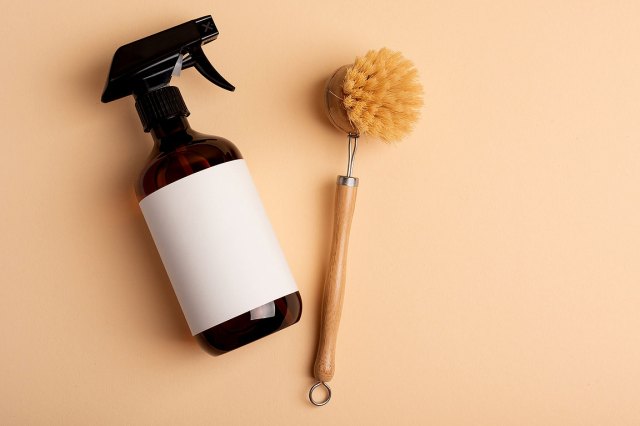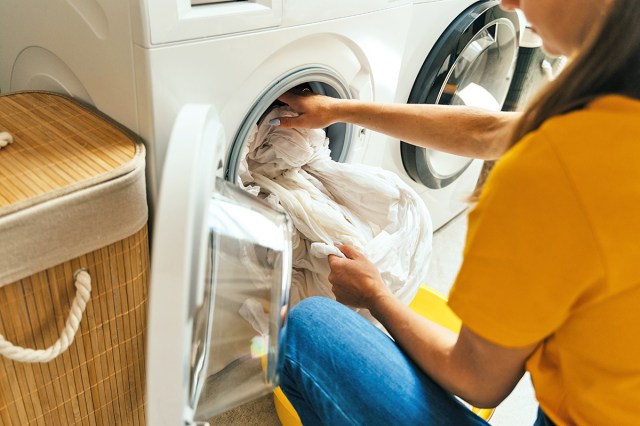Filters, sponges, and liners are all small components in our home that play huge roles, even if we don’t tend to notice them. These supplies catch dirt, grime, and dust bunnies, making our homes cleaner and cozier. Yet, for all the work they do, many of these household items tend to wear out faster than you may realize. It’s time to take stock of the items that need replacing right now. Here’s how frequently you should swap these eight items out for fresh replacements.
All featured products and deals are selected independently and objectively by the author. Better Report may receive a share of sales via affiliate links in content.

Sponges
Sponges don’t come wrapped with an expiration date, but they shouldn’t hang around too long. They’re the perfect bacteria breeding ground — sponges are exposed to warmth and moisture, plus lots of food waste that serves as fuel for bacteria to feast on and grow. You can elongate a sponge’s lifespan with some tricks, like wetting it and tossing it into the microwave for one minute or popping it into the dishwasher every few days. That kills bacteria that can potentially make you sick, but it won’t sterilize your sponge. We have a few sustainable recommendations, like microfiber sponges, but when it comes to a regular kitchen sponge, it’s best to swap it out every two weeks for a safe clean.
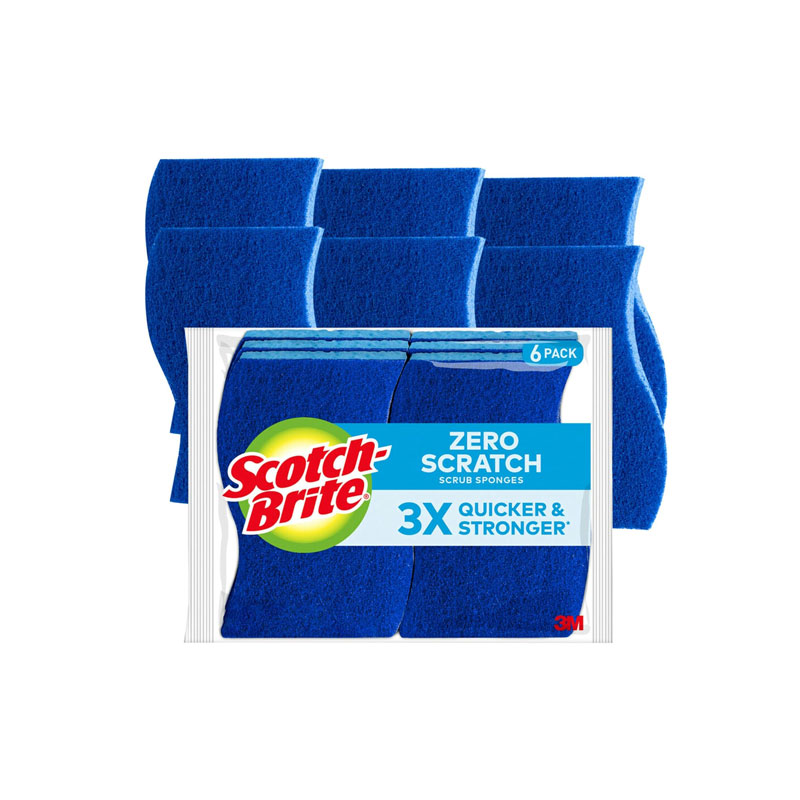
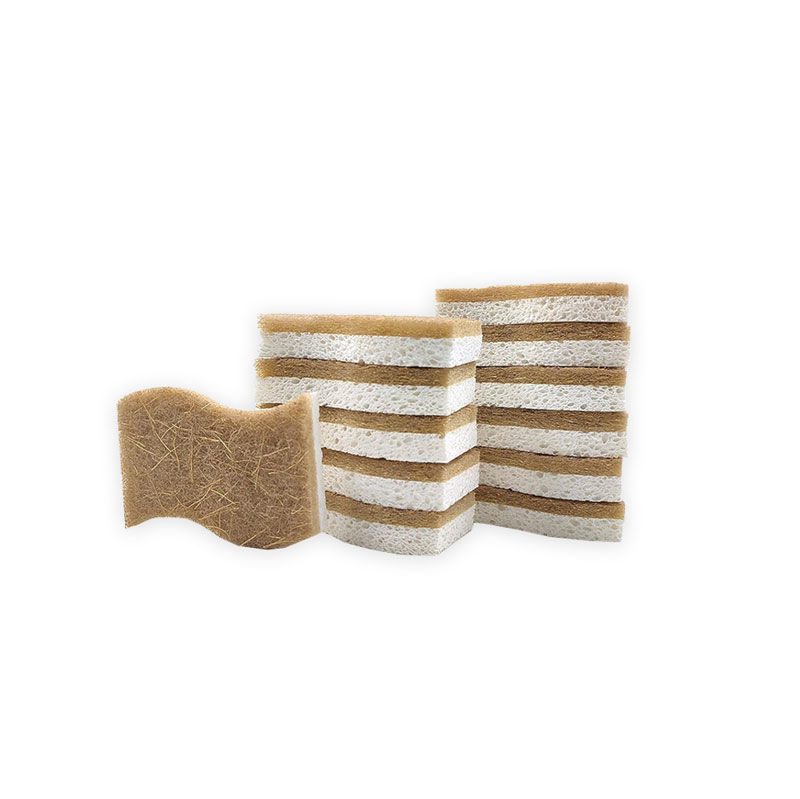


Scrub Brushes
Scrub brushes — whether used in the kitchen or the bathroom — have a longer lifespan than many other household cleaning tools, mainly because they’re not porous and don’t hold onto bacteria easily. However, they still break down regularly and should be replaced every six months or whenever the brush begins to lose bristles, whichever comes first.
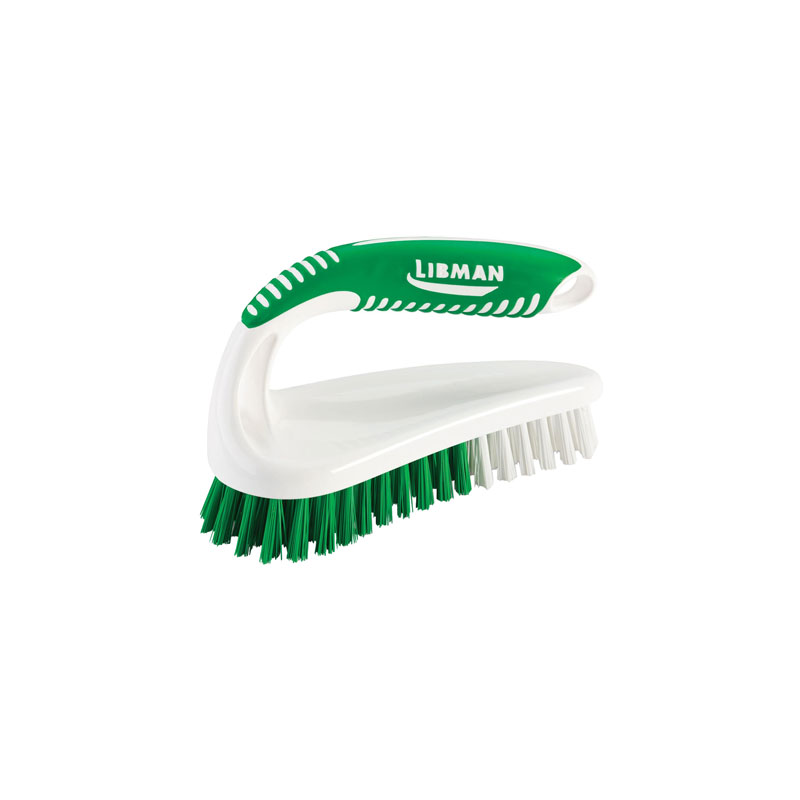
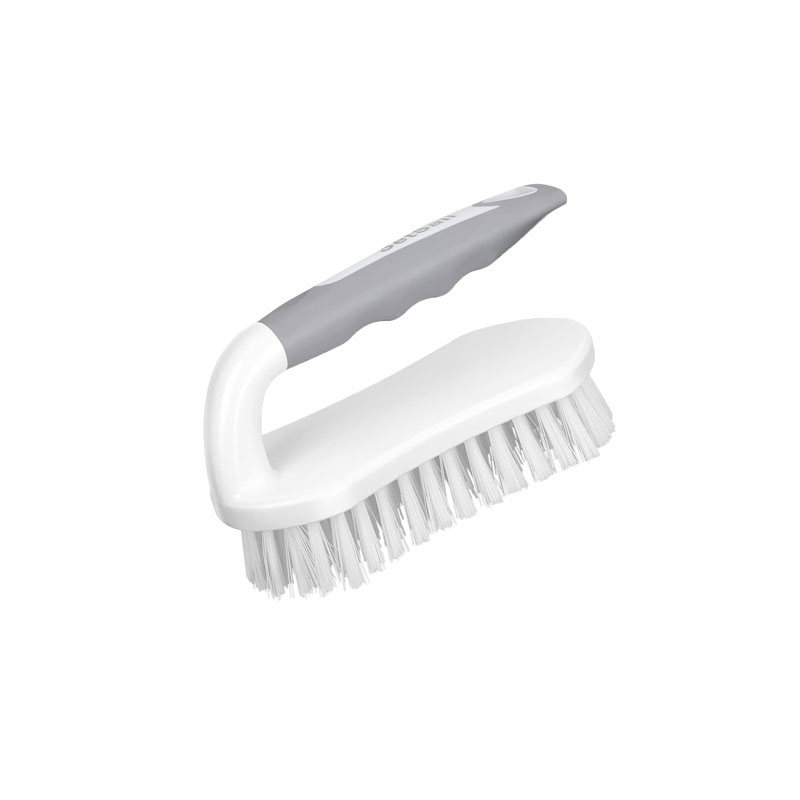
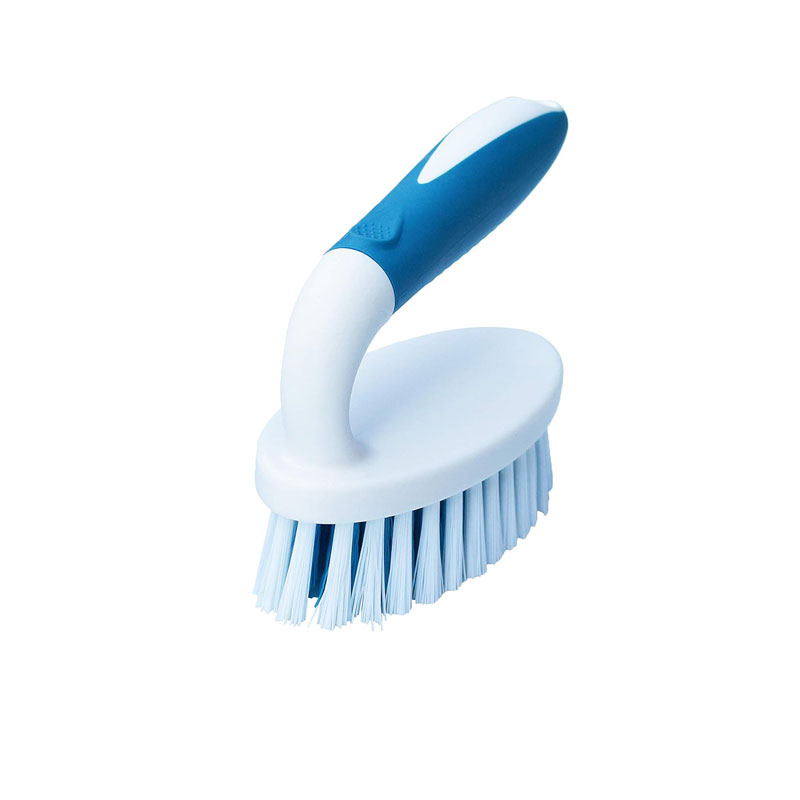

Air Filters
Air filters are easy to forget about, considering they’re hidden out of sight in your HVAC system. However, regularly replacing them can reduce allergens and indoor pollutants and keep your heating and cooling system in good shape. How often you replace your air filters depends on what they’re made from. Fiberglass filters are more budget-friendly but should be replaced every 30 days since they’re less efficient at catching dust particles. Pleated air filters, which tend to be more costly but work more effectively, can last up to 90 days. However, your home environment can speed up the frequency — people who suffer from allergies, have pets, or live in a region with many airborne contaminants, should replace those filters sooner.

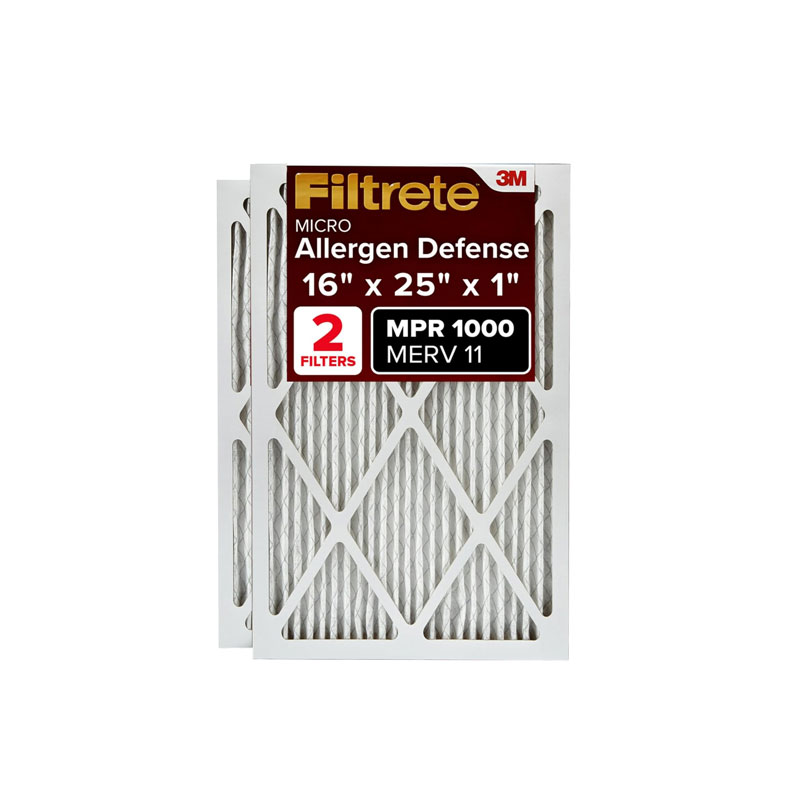
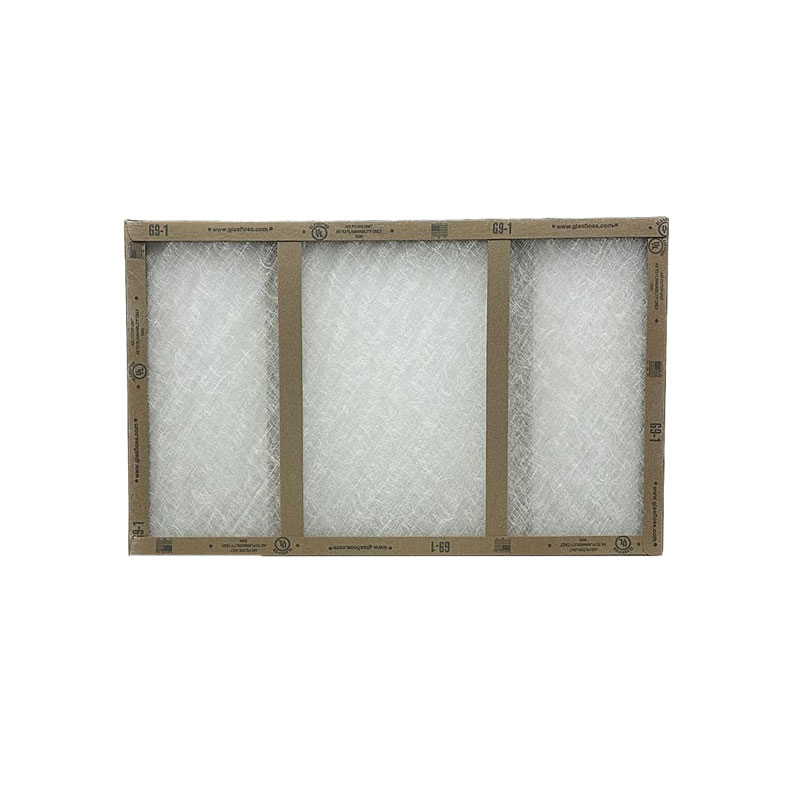
Reader Favorites

Water Filters
Whole house water filters catch sediment and bacteria trapped in tap water entering your home, so regularly replacing these filters’ components can keep your drinking water sparkling clean. Whole house water filters have two different components. Pre-filters, which catch larger dirt and debris, need to be swapped every three to nine months. Post-filters, which capture microscopic particles, should be changed every six to 12 months. And don’t forget about your refrigerator filter, which typically lasts six months before needing replacement. (Pro tip: After swapping in a fresh filter, write the date where it’s easily visible so you know when to change it next.)

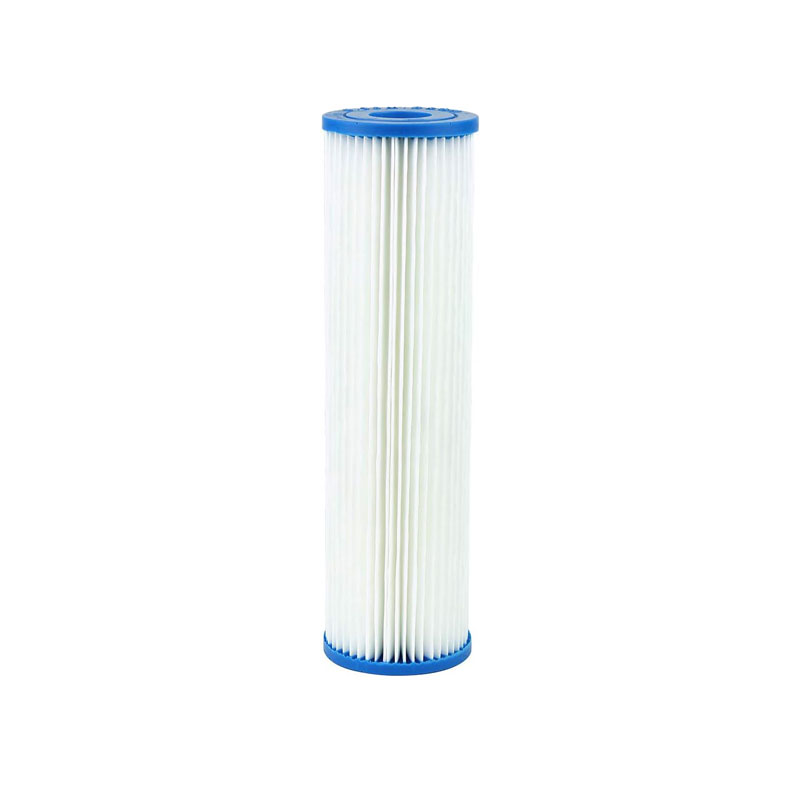


Shower Curtains Liners
Shower curtain liners are great at catching water and soap scum. Unfortunately, they’re also a perfect spot for collecting mildew. Cleaning these monthly with diluted vinegar can keep mold away and extend their useful life, though they won’t last forever. You should replace plastic shower liners every six to 12 months, or sooner if they’re no longer scrubbable.

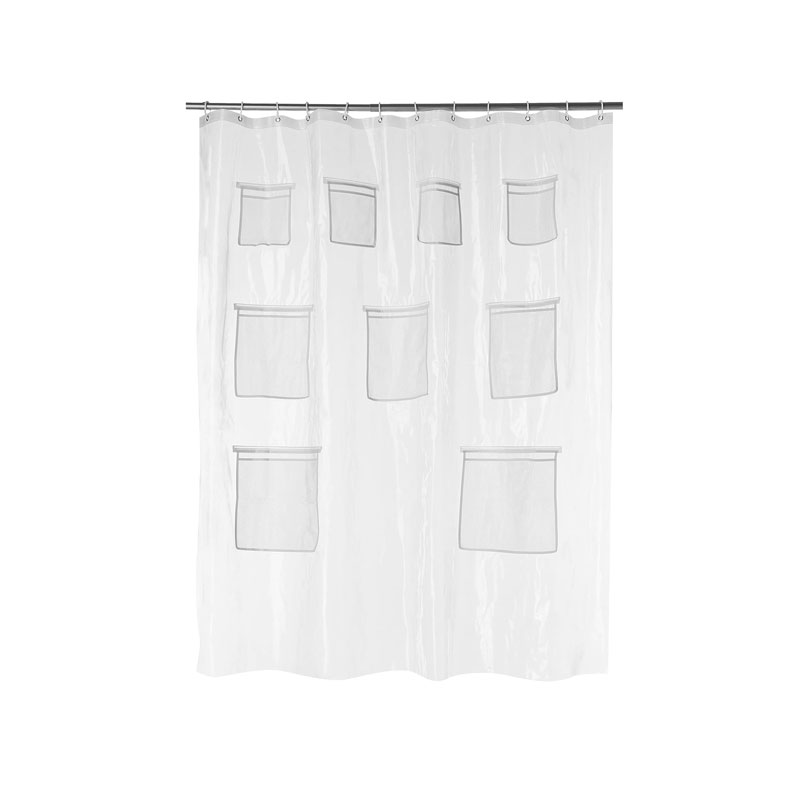
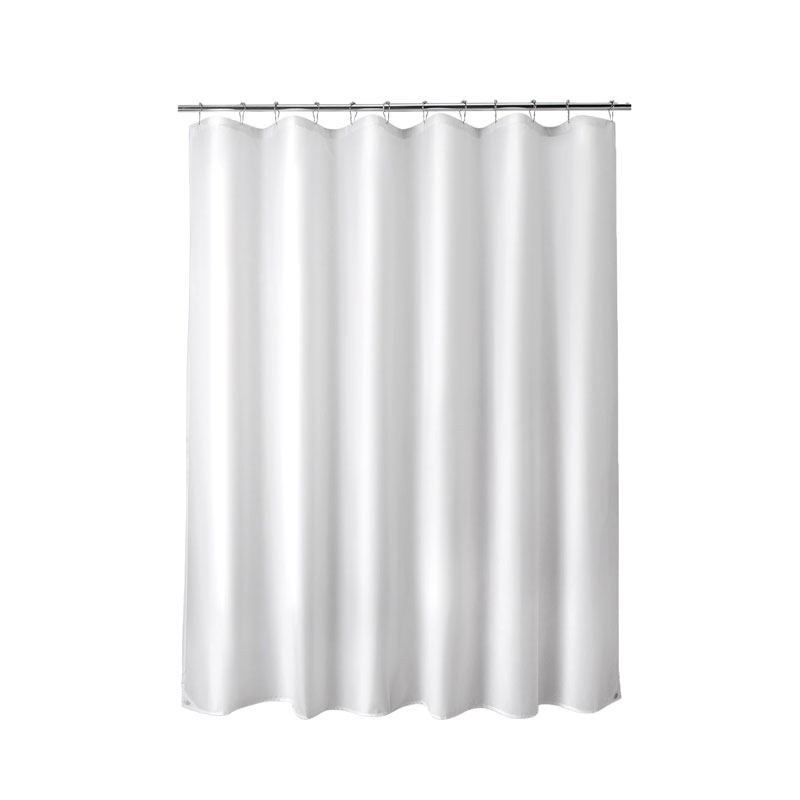
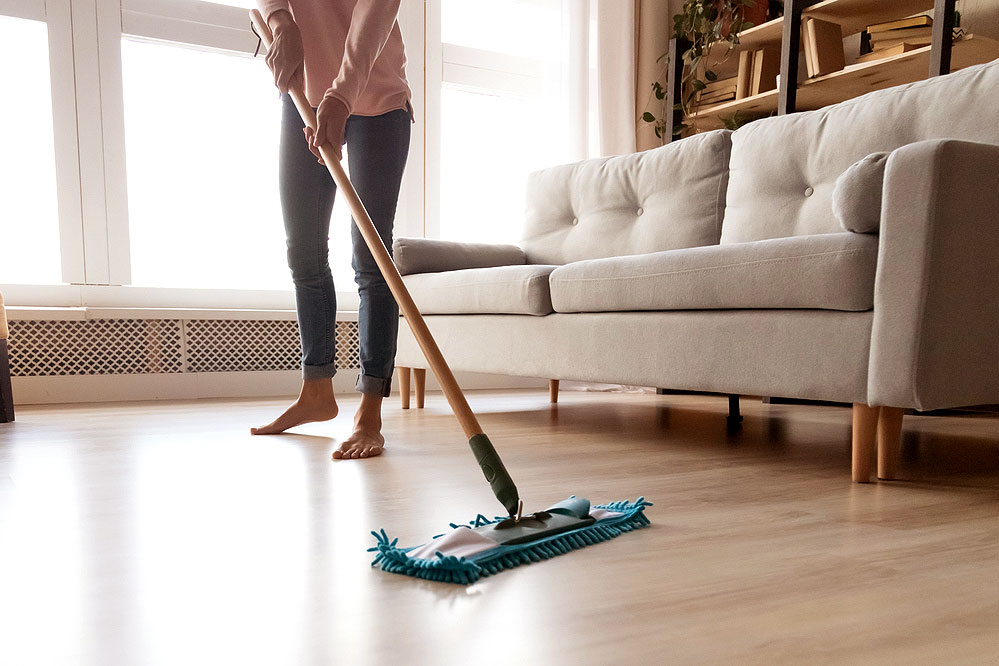
Mop Heads
Like sponges and other cleaning textiles, mop heads collect and hold on to bacteria over time, even if they go into the wash after every use. Sponge mops have the shortest lifespan of any version and should be replaced after two to six months of use or sooner if they develop a smell or discoloration. Cotton mop heads last longer, at around 50 washes (typically about one year). Microfiber mops need replacing after several years, lasting anywhere from 200 to 500 washes.
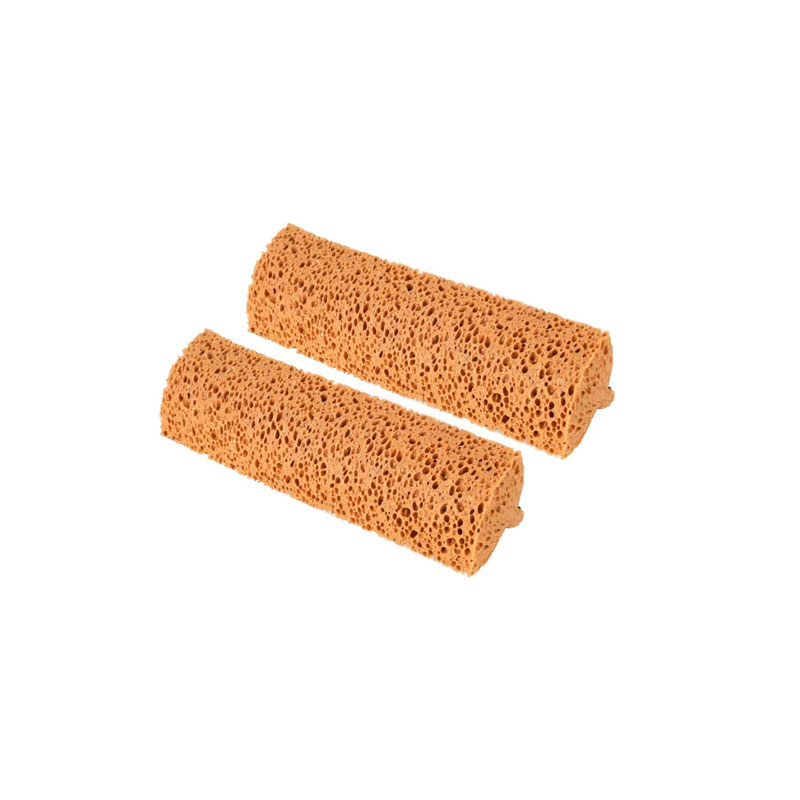

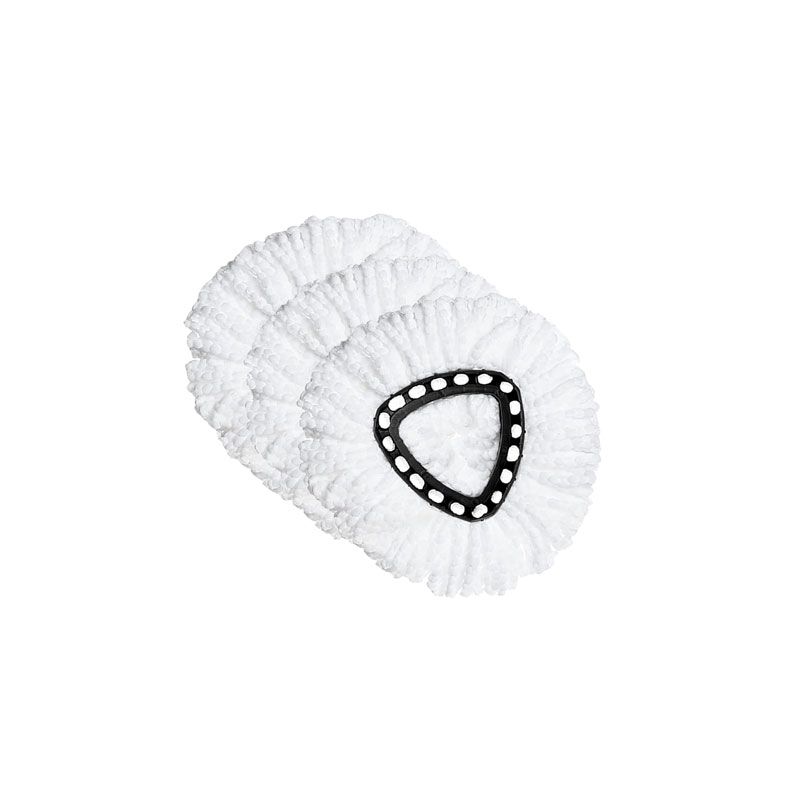
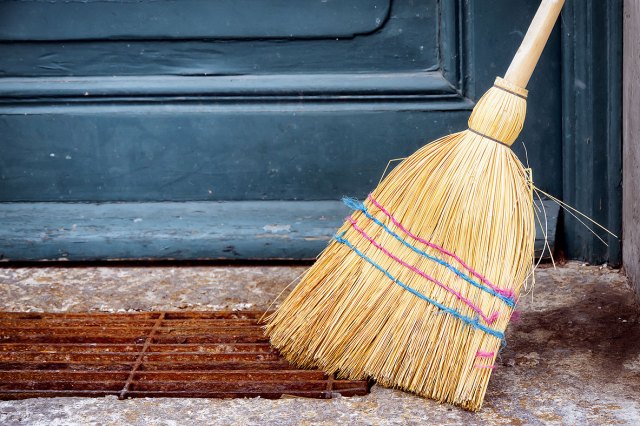
Brooms
A high-quality broom can last indefinitely, staying in usable shape for years. Cleaning a broom monthly by shaking it out and washing the plastic bristles in warm water can keep it in grime-fighting condition. However, it’s time for replacement when the bristles develop a scraggly appearance, a sign that they’re worn down.
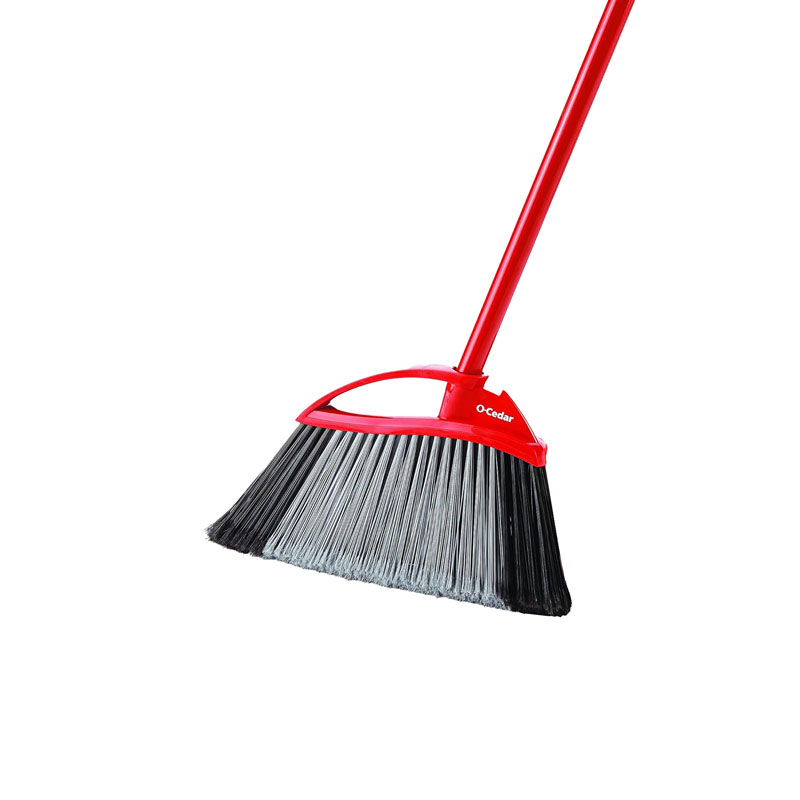
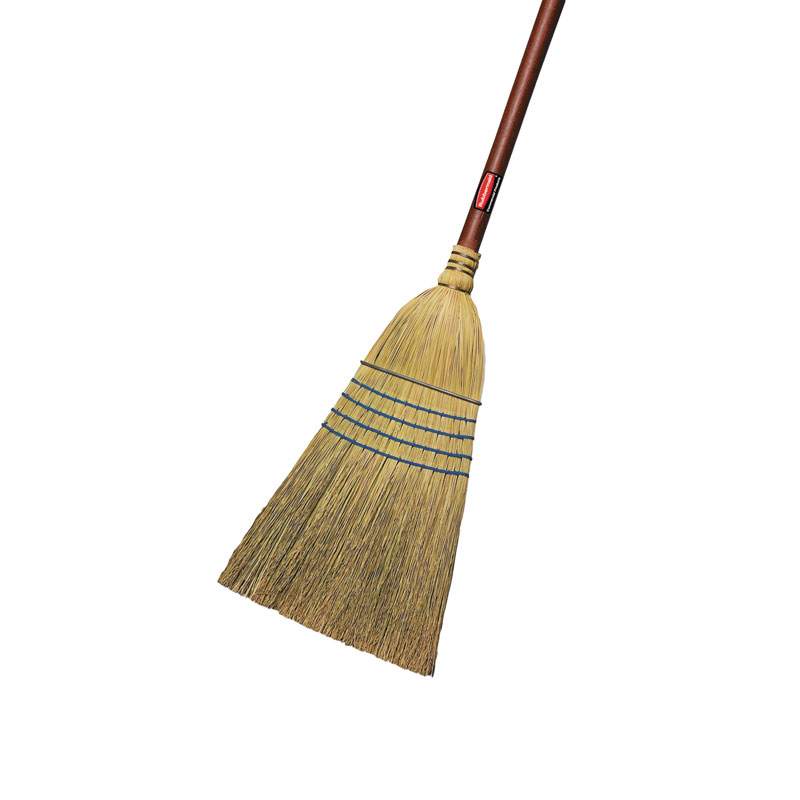
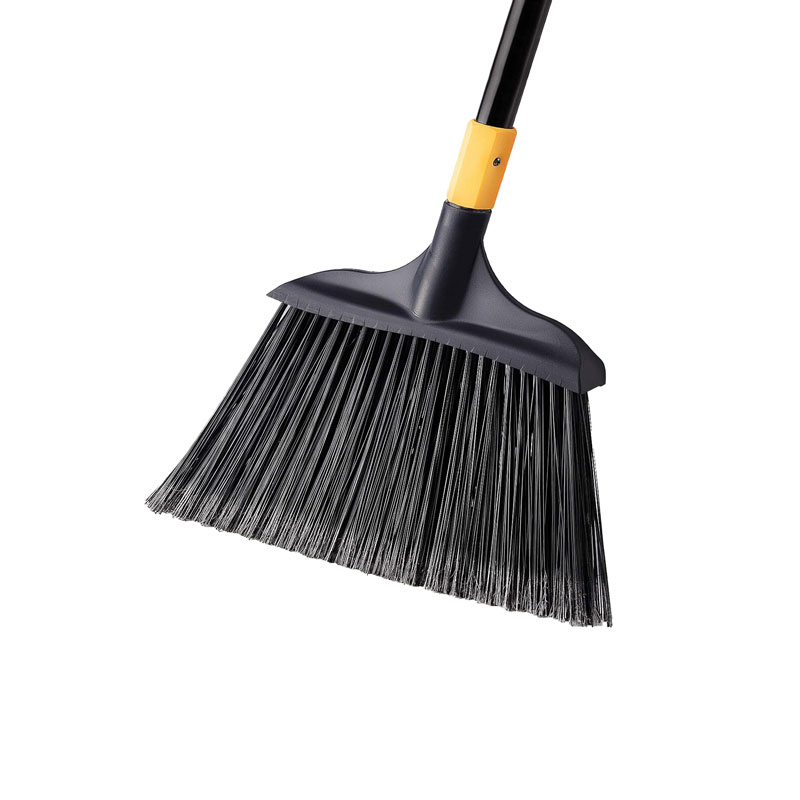

Credit: Image Source/ iStock
Doormats
Doormats are a window into a home’s personality, and while they’re often replaced on a seasonal whim, these mud-catchers usually don’t get enough attention. Weather, dirt, and regular foot traffic can quickly wear down doormats and make them less useful, so they should be tossed every six months or sooner if they begin to lose bristles or develop worn spots.
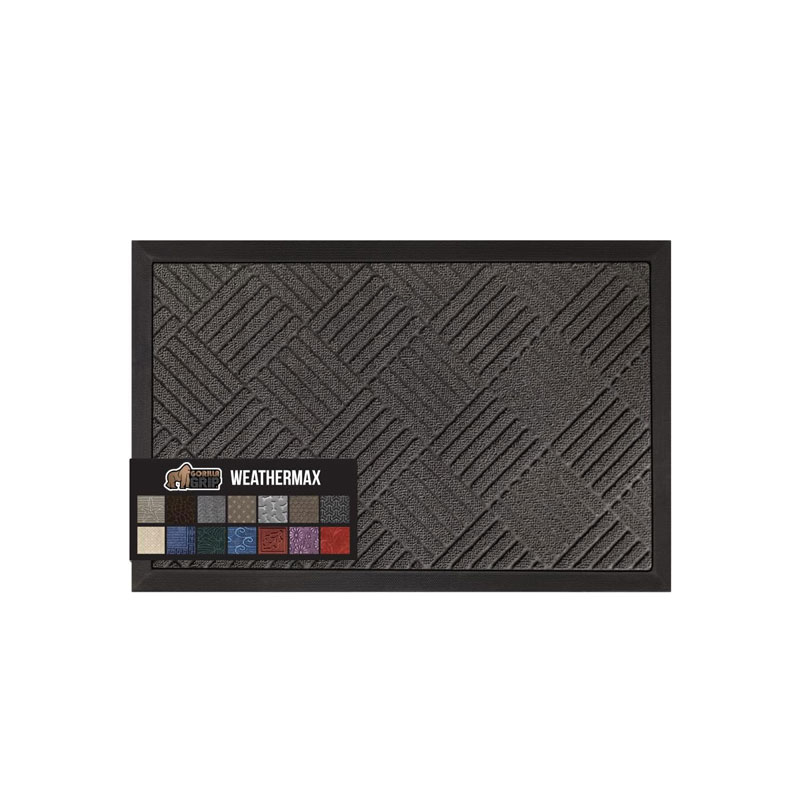


Featured Image Credit: victoriya89/ iStock
More From Our Network
Better Report is part of Optimism, which publishes content that uplifts, informs, and inspires.
